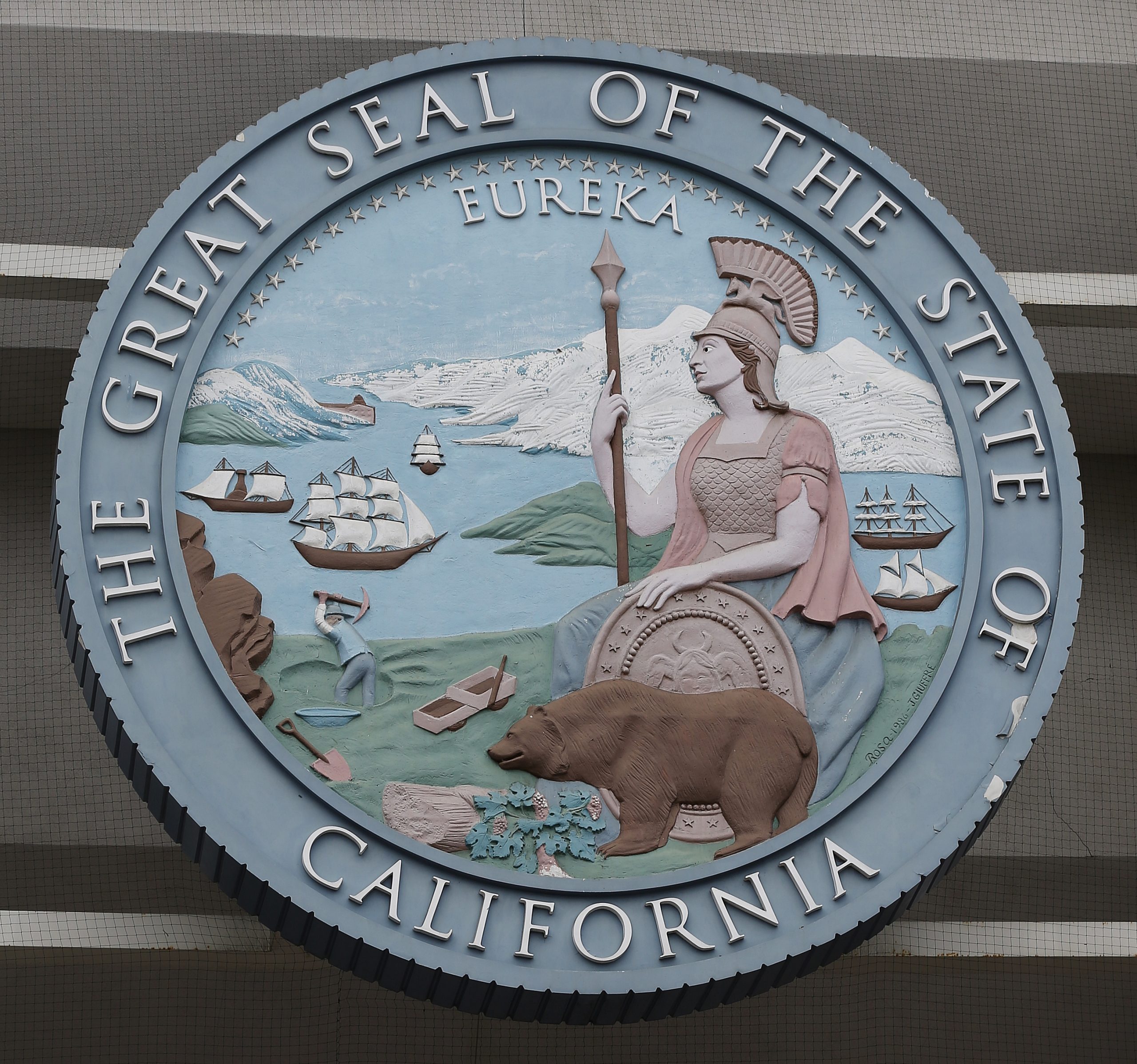Gov. Gavin Newsom (D) signed Senate Bill 326 (SB 326) and Assembly Bill 531 (AB 531), which would make changes to the state’s Mental Health Services Act and issue $6.4 billion in bonds, on Oct. 12. Voters will decide on the legislation as Proposition 1 on March 5, 2024.
In the press release, Gov. Newsom said, “These reforms, and this new investment in behavioral health housing, will help California make good on promises made decades ago. We see the signs of our broken system every day – too many Californians suffering from mental health needs or substance use disorders and unable to get support or care they need. This will prioritize getting people off the streets, out of tents and into treatment.”
Proposition 1 would rename the Mental Health Services Act, adopted by voters in 2004, to the Behavioral Health Services Act. The 2004 initiative enacted a 1% tax on income above $1 million and dedicated the revenue to counties to fund mental health services and programs. Proposition 1 would expand the purpose of the act to include substance use disorders.
The measure would also change how money in the Behavioral Health Services Fund is spent, requiring 30% of the county behavioral plan funds to be allocated to housing intervention programs. Currently, the Mental Health Services Fund allocates 20% of the tax revenue to county mental health plans for prevention and early intervention programs and 80% to fund the adult/elderly and children’s systems of care.
Proposition 1 would also authorize the state to issue $6.380 billion in bonds to fund housing for homeless persons and veterans with mental health or substance use disorders. The proceeds from the bond issue would be allocated as follows:
- $1.05 billion for permanent supportive housing for homeless veterans who have mental health or substance use disorders,
- $922 million to fund permanent supportive housing for people experiencing or at risk of homelessness and have behavioral health needs; and
- $4.393 billion for grants for behavioral health treatment and housing eligible under the Behavioral Health Continuum Infrastructure Program.
Both bills contained provisions requiring the bills to appear jointly on the March 5, 2024, ballot.
The Davis Vanguard published an opposition statement after the signing of the bills, which read, “Financial support for a wide array of effective, voluntary, evidence-based, community-based, accessible, service options will be dramatically cut. Also on the chopping block is one of the only funding sources for peer support and culturally responsive mental health services for racial and ethnic minority communities. In their place, Proposition 1 would massively expand involuntary treatment options. There is no evidence base of effectiveness for these forced treatment proposals, and a multitude of reports show how these attempts at care primarily result in further distress and harm to the service user.”
Proposition 1 is the first and currently only measure to be certified for the March ballot in California. The state legislature approved four constitutional amendments that were also slated to appear on the March ballot. However, the legislature passed a bill moving those measures to the Nov. 2024 ballot or, in the case of one amendment, held it at the desk by unanimous consent until November 1, 2023, thereby putting the amendment on the Nov. ballot.
The legislatively referred amendments address:
- lowering the vote threshold from 66.67% to 55% for local special taxes and bond measures to fund housing projects and public infrastructure;
- repealing the constitutional requirement that voters approve publicly-funded housing projects at certain rent levels;
- repealing Proposition 8 and establishing a right to marry regardless of gender; and
- requiring initiatives that change vote thresholds to supermajority votes to pass by the same vote requirement being proposed.
California voters will also decide on seven initiatives in November 2024. This includes a referendum related to fast-food labor policies that proponents announced they would withdraw after reaching a legislative compromise in September but have not formally done so yet.
In total, twelve ballot propositions have been certified for statewide ballots in California for 2024. This is higher than the average number of measures (9) in the state between 1985 and 2022.
Additional reading: California 2024 ballot propositions


